Umar Idris Shuaibu – Kano
In an effort to address child wellbeing, Universal Child Benefits (UCB), in essence, tries to reduce poverty rates through various social protection interventions.
This is considering the dynamic socio-economic issues that people are suffering with.
This initiative aims to fill a wide gap in the nation’s social protection projects that lacks a universal transfer scheme specifically targeting households with children.
The UNICEF Social Policy Specialist Kano Field Office, Fatimah Musa, stated this in her presentation on child poverty and the required benefits any child needs to fully gets to attain their full potential held in Kaduna.
Read Also:
UNICEF Engages Stakeholders in Addressing Child Poverty, As 47.6% Deprived
During a 2-Day Workshop on Child Poverty and Vulnerability with stakeholders from Kano, Katsina and Jigawa, Fatimah said when fully piloted, UCBs will assist parents and other caregivers in addressing vulnerabilities facing their children.
Fatimah Musa further said children in Nigeria face vulnerabilities that need tailored social protection approaches.
“That is why the introduction of Universal Child Benefits lay the groundwork for policies that benefit children”.
“Kano State, with an estimated population of over 15 million, more than 50% of children below 15 years belong to poor households, living below 374 Naira per day, of which 69.2% are multi-dimensionally poor.
Social Policy Specialist quoted the Nigerian States by Human Development Index (HDI), which Kano rated 0.3592 below the national value of 0.5114 and 31 out of 36 states, including the Federal Capital Territory (FCT).
“UCBs will work as an instrument to measure and accelerate human development in the state.
“Under this policy, small cash grants will be introduced to targeted beneficiaries, that’s children from 0 to 17 years of age, just to cover the cost of bringing up children to ensure they access all the things they need to have a good start in life. The universal cash transfer for all children is unconditional and paid regularly.
The benefits are targeted at reaching households with children, especially those with disabilities or the poorest children.
That is to say, for families to qualify for the Universal Child Benefits assistance, they are in the category of not having enough means of livelihood to support themselves, Fatimah Musa.
In his concluding remark, the Senior Special Assistant to the Katsina State Governor, Sai’du Ibrahim Danja urged the stakeholders from Kano, Katsina and Jigawa State to fully help in addressing child poverty.
Danja said when the policies introduced by UNICEF are fully piloted, it will play a significant role in promoting social protection programmes.


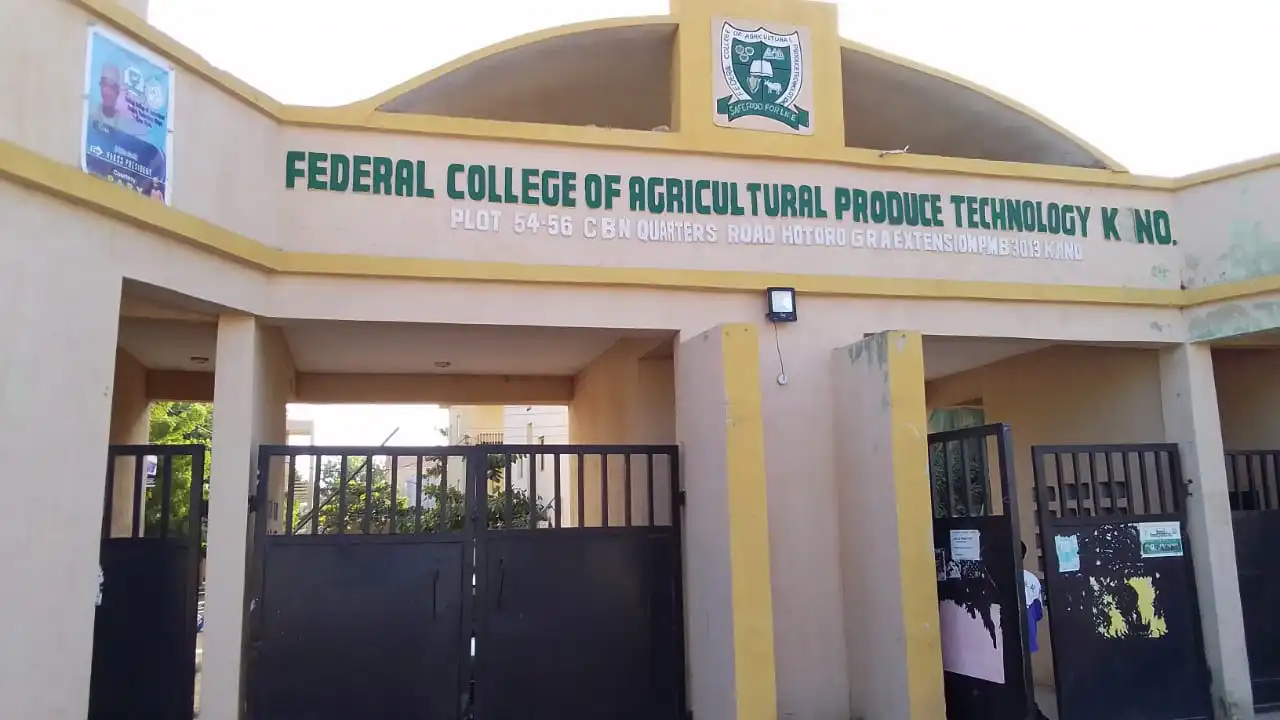

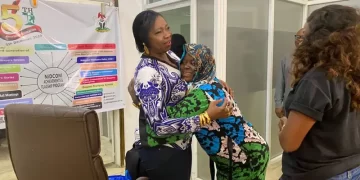


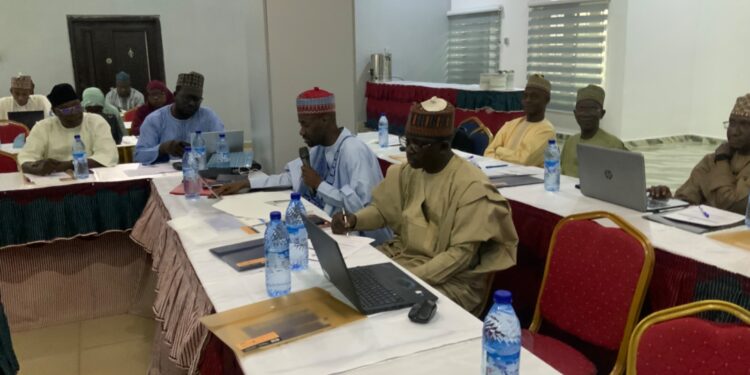






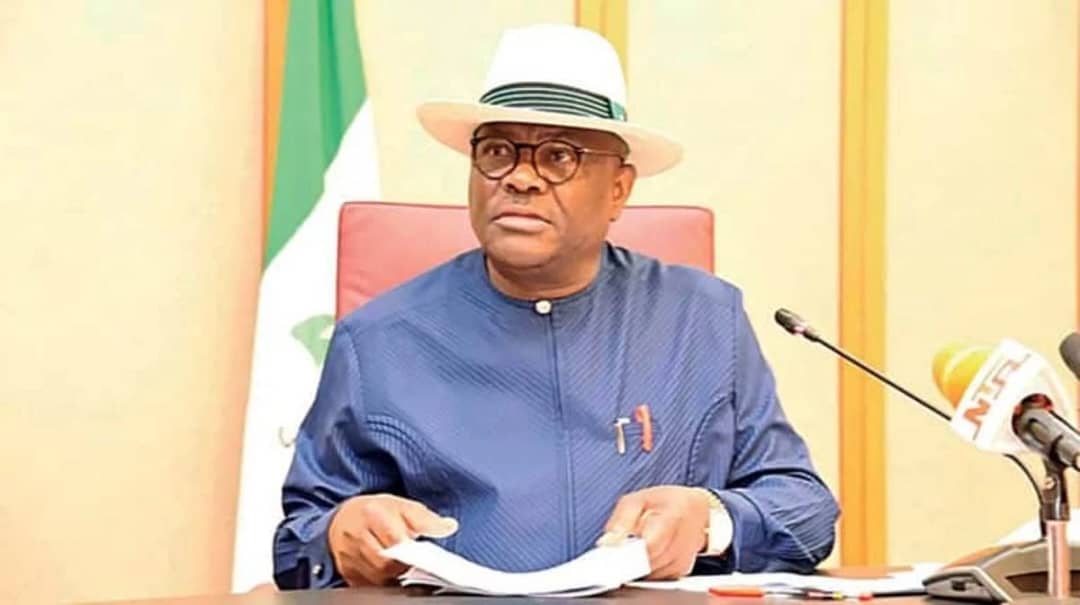
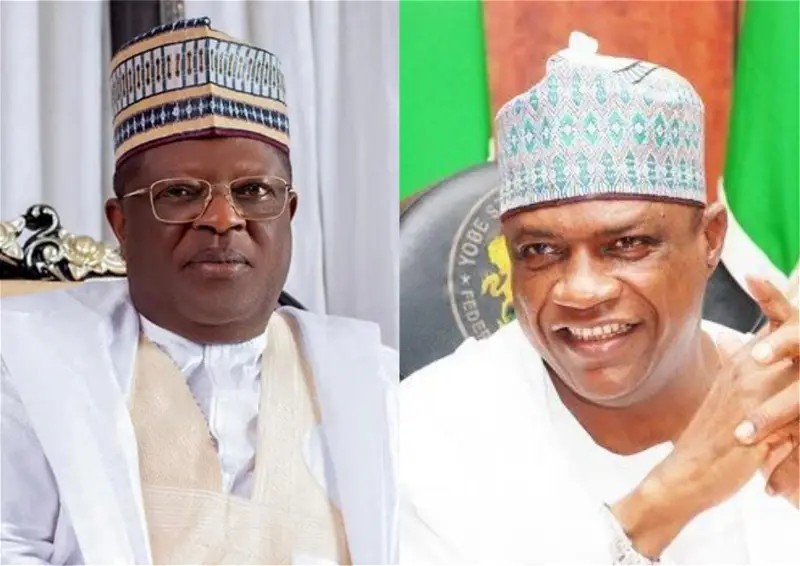






 You can install this WP plugin on your website from the WordPress official website:
You can install this WP plugin on your website from the WordPress official website: 